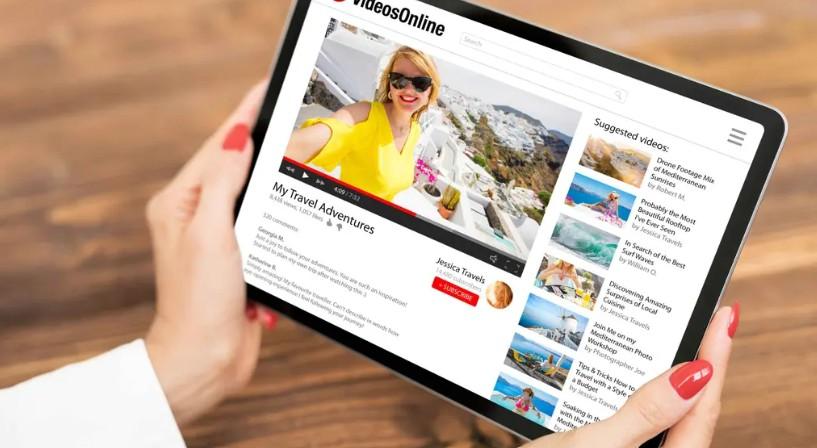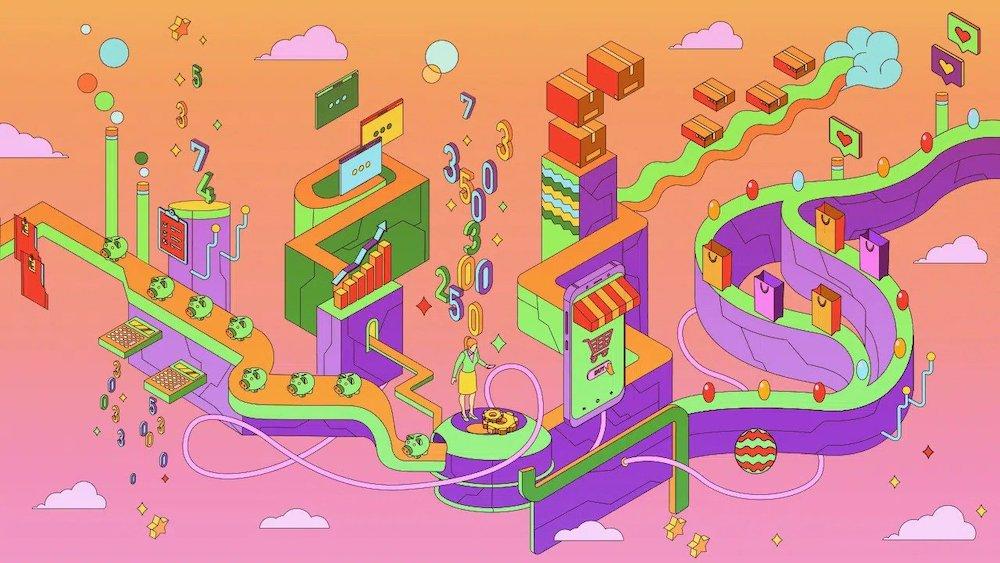Telling your brand’s story online is more important than ever. But what are stories without their characters? Nothing. They go nowhere. Characters propel the narrative. Characters become the hero or the villain.
Sometimes it’s important to step out of the bubble of busy everyday business life and think about your business or brand in a different way.
As a person it’s important to know who you are, what your values are and what you stand for. It’s the same for your business.
If your business was a person, for example, what would they be like? If you were at a (hypothetical) party and you met your business in person, what would they look like? What would their personality be? How would they speak?
Would they be the wallflower or would they be the outgoing party starter? Would they be rocking a leather jacket, or sat smartly in a three-piece suit? Would they be the sidekick? Or would they be the hero?
It may sound a strange question to ask but, trust us, it’s not. Thinking about your business as if it were a person can really help craft your brand voice and marketing messages.
Much like our recent blog on marketing personas, humanising your business can elevate the way you communicate as a brand and ultimately with your target audience.
You may be familiar with brand archetypes, but if you’re not, don’t worry, let us explain.
What are brand archetypes?
The concept of archetypes was introduced by Swiss psychologist, Carl Jung.
Archetypes are typical characters that are familiar. In a sense, they transcend time and place and have universal traits that resonate with people. In a story, for example, some of the archetypes would be the hero, the explorer or the outlaw.
And, in the field of marketing, there have commonly been twelve key brand archetypes. They are: the Innocent, Everyman, Hero, Outlaw, Explorer, Creator, Ruler, Magician, Lover, Caregiver, Jester, and Sage.
Each archetype has their own set of characteristics, values and behaviours, as should every great business.
Now, think of yourself as a customer. What brands do you have an affinity with? What do you love about them? Why do you buy from them?
Do you prefer Apple or Microsoft? Coca Cola or Pepsi? Nike or Adidas? You most likely have a preference and that may be down to how you relate to their brand.
It’s not always the quality of the product, or the well-designed logo that attracts us to a brand. It goes deeper than that, so to find out who your business archetype is, you need to go deep and discover it.
Test of character
In today’s digital world we are bombarded with brands vying for our attention. That’s why brand stories and personality are so important. It could be the difference between your brand being ignored or your brand being noticed.
First impressions matter. Personality, both in life and in business goes a long way. It’s memorable and, when done right, enjoyable.
So, going back to the notion of your business being a character, think about who your business would be.
If you can really nail down what your brand values are, what your brand personality is and craft your messaging off the back of that, you will likely be in a much stronger position to effectively communicate with your customers and market your products to their full potential.
In life, you need to know who you are and what you stand for. It’s the same in business. Not everyone needs to be the outlaw, the sage or the explorer. Sometimes you need the lover, the magician or the ruler.
So figure out who your business is, what your brand is about, tell your story and reap the rewards.
Once you’ve truly figured out what your brand stands for, it will be easier to communicate with your customers. Particularly if you’ve devised your marketing personas.
It will also be worth checking out our blog on the importance of storytelling for small businesses to help propel your businesses narrative.
So, there you go, have fun getting to grips with brand archetypes and figuring out your true identity. Once you’ve got it down, don’t just keep it to yourself, let your customers know and let us know how helpful you found this blog on social media.






